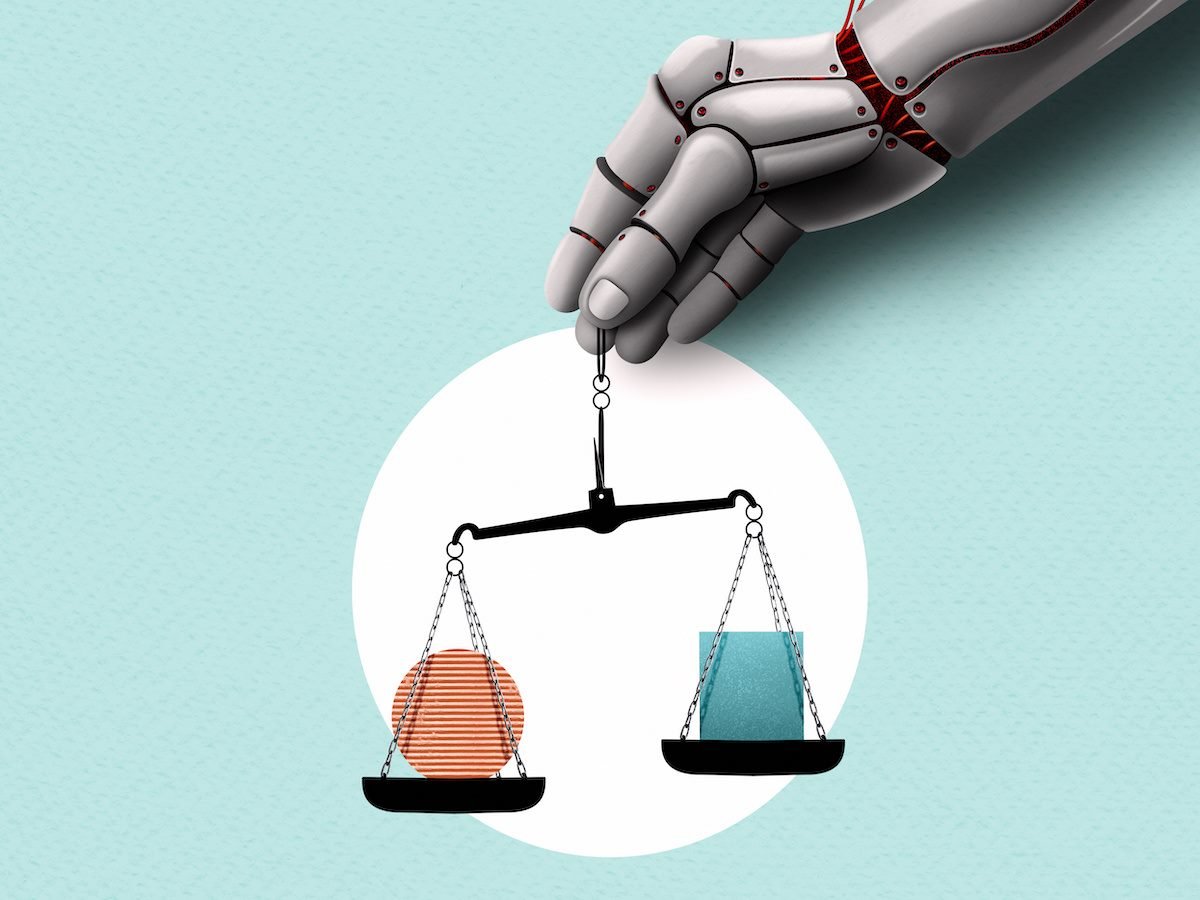“Unlocking Vulnerability: Discover the Surprising Traits That Keep Women from Feeling Safe in Love”
In other words, vulnerability isn’t just a buzzword—it’s genuinely important if we want to cultivate deeper intimacy.
5. Self-criticism that undermines confidence
Have you ever caught yourself thinking, “I’m too clingy,” “I’m too needy,” or “I’m not good enough”? Chronic self-criticism can erode the foundation of emotional safety from the inside out. Even if your partner is supportive, a barrage of negative self-talk can drown out their reassurance.
Personally, I grew up believing that perfectionism was the path to success—if I was the “perfect partner,” then no one would leave. But that led to an endless cycle of focusing on all the things I was doing wrong. If I made one mistake or had an off day, I magnified it until I convinced myself it was a sign I wasn’t worthy of love.
The more I sank into self-criticism, the less I trusted my partner’s genuine acceptance of me. Overcoming that pattern involved recognizing that healthy relationships thrive on kindness, both toward each other and toward oneself.
6. Fear of conflict and overcompensation
For many who don’t feel emotionally safe, conflict is terrifying. They’ll do anything to avoid a disagreement, from instantly changing their stance to tiptoeing around any sensitive topic.
Maybe you’ve found yourself constantly “walking on eggshells,” not because your partner is volatile, but because the very idea of discord makes you feel dangerously exposed.
I used to see any kind of argument as a precursor to an eventual breakup. This turned me into a chronic overcompensator—I’d fixate on pleasing my partner, smoothing over small issues before they escalated, or talking myself out of any serious concerns I had.
Over time, this kind of behavior erodes authenticity. If we never speak up, how can we truly be seen, heard, or respected? While it might feel safer in the moment, fear of conflict actually weakens the bond by masking our real thoughts and emotions, leaving us disconnected from ourselves and our partner.
7. Reluctance to set boundaries
An often overlooked trait is the unwillingness to establish or enforce personal boundaries. Boundaries can feel dangerous because they risk pushing someone away.
If you already don’t feel safe, you might think that saying “no” could be the final straw in a shaky relationship. So you keep your needs quiet to maintain a fragile sense of harmony.
I learned the hard way that letting people cross lines without consequence breeds resentment and deepens insecurity. You might think you’re being flexible or easygoing, but in reality, you’re training yourself to accept less than you deserve.
Over time, ignoring boundaries can morph into a cycle where you’re constantly worried about where you stand, whether your limits are respected, and if your voice truly matters.
In my experience, once I started setting even simple boundaries—like needing some alone time or clarifying what kind of language is hurtful—the relationships in my life became more supportive and stable.
Conclusion
Feeling emotionally secure in a relationship isn’t something you can flip on like a switch. It’s a process—one that I’ve found requires self-awareness, intentional effort, and a willingness to step outside your comfort zone. If any of these seven traits resonate with you, know that they’re not permanent fixtures.
With proper reflection, open communication, and possibly the guidance of a trusted therapist or counselor, it’s entirely possible to reshape how you experience closeness.
For me, breaking the cycle started with acknowledging these patterns and deciding I wanted something different. I realized I deserved to feel at ease in my relationships, rather than bracing for the worst. Yes, it’s vulnerable work. Yes, it can be a little scary.
But with each honest conversation and each boundary set, I’ve grown more confident in my ability to find—and maintain—healthy emotional safety. And I hope you can, too.













